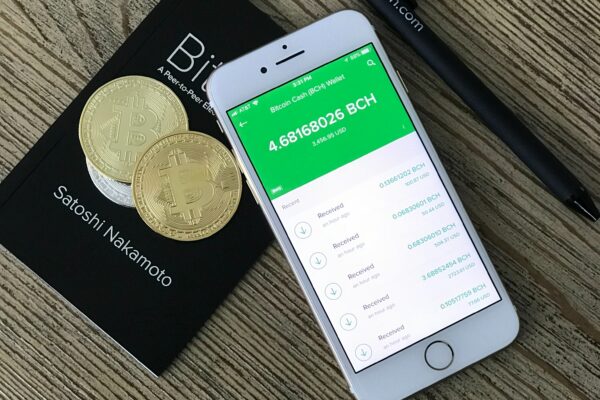We briefly mentioned smart contracts in our previous post, but what in fact are they? How do they work? Are they any better than ordinary contracts?
The term ‘smart contract’ was first introduced by Nick Szabo in 1998, who explained it as a computerized transaction protocols that execute terms of contract. So essentially, it’s a program that runs on the Ethereum blockchain, it’s a collection of code that has a specific address on the Ethereum blockchain.
The terms of the contract are written into the code, and it self-executes as soon as the terms are met. The undeniable benefit of that is that all parties to the contract are immediately notified of the outcome and there are no intermediaries and hence no time loss.
Smart contracts cannot be changed once they’re created, so nobody can go back and tamper with the code of the contract and change the terms. It’s carved in a digital stone.
The output of the contract is validated by everyone on the network, so everyone who’s on the blockchain. Therefore, a single person cannot enforce the contract, and even if there’s an attempt, other members on the network will notice and make the contract invalid.
What’s the application of a smart contract? Well, since blockchain’s use has gone way beyond cryptocurrency, smart contracts which run on a blockchain, have the potential of being used in transactions that have little or nothing to do with cryptocurrency.
Let’s take mortgage contracts as an example. Currently, the process involves banks and third-party reviewing an enormous pile of paperwork. Each document has to be signed, emailed to a colleague and kept track of. Overall, it takes a lot of time and is not immune to human-related errors.
With smart contracts the process can be automated. All involved parties will have access to the digital versions of the documents and payments will be automatically completed upon collecting signatures.
The legal aspect of a smart contract is still a matter of dispute and doesn’t necessarily constitute a valid binding agreement recognized by law. The first and only country (so far) to recognize and legalize smart contracts is Belarus. But seeing how Bitcoin is taking over the world, we won’t be surprised if in a couple of years smart contracts replace ordinary contracts.




